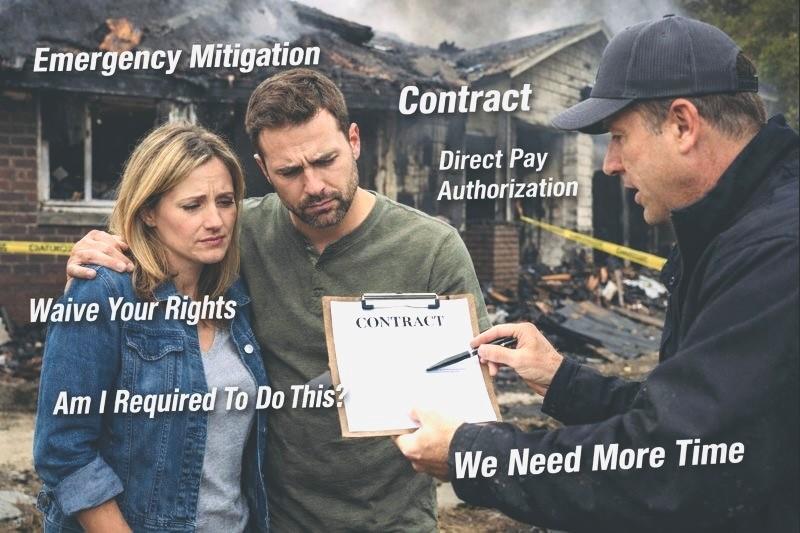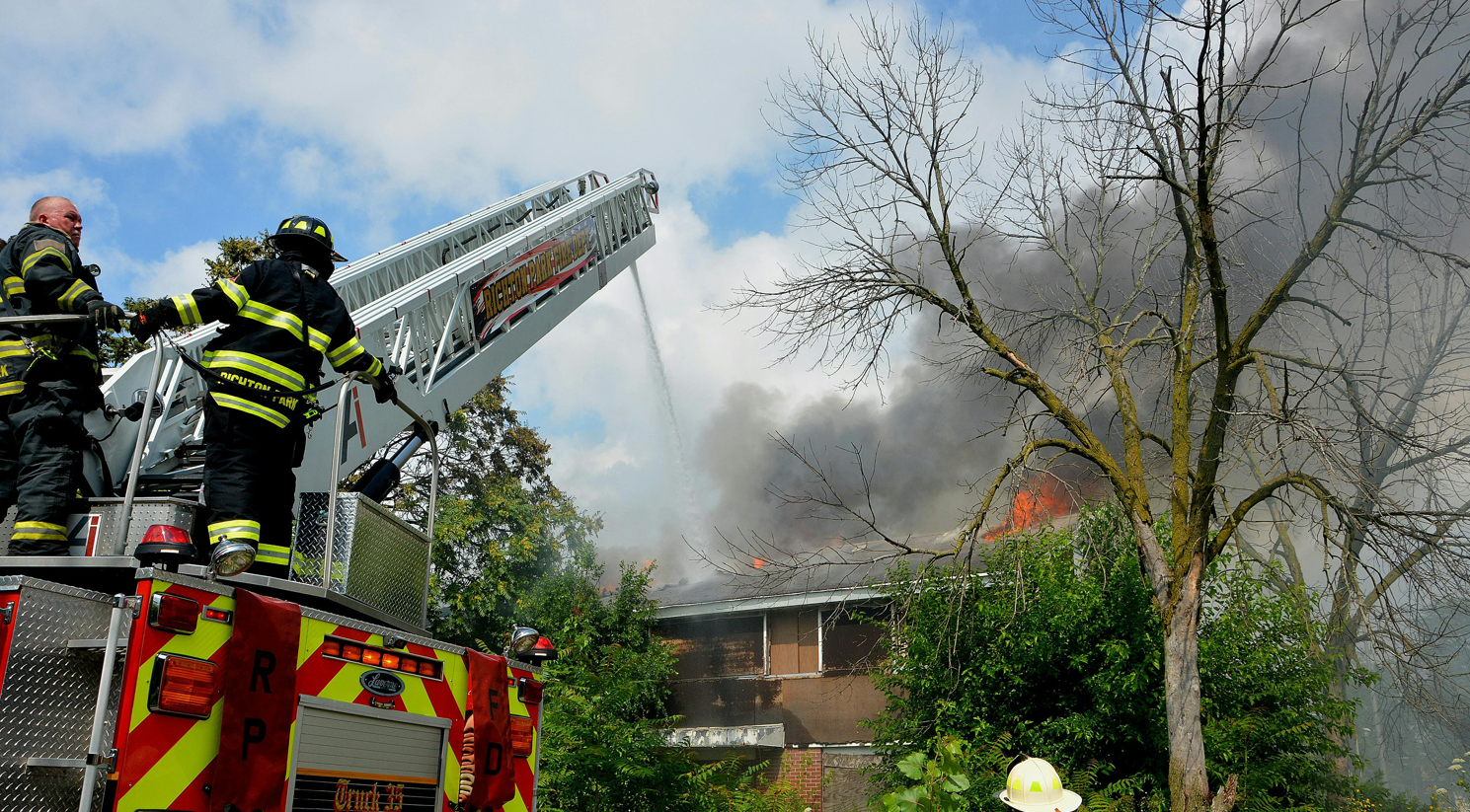The Takeaways
- Texas Insurance Code 4102.163 prohibits contractors from discussing insurance coverage or how a policy applies to a given loss
- Insurance companies are not required to communicate with your contractor
- Your contractor is only permitted to discuss a scope of work and methodology for repairs with your insurance adjuster
- A Public Adjuster can negotiate and settle a property insurance claim on your behalf
Can My Contractor Negotiate My Insurance Claim Settlement?
Over the years, potential clients have asked in one form or another, “My contractor said that their company will handle my entire loss for me and deal with my insurance company… Is this legal?
The short answer is, “No”. However, this happens all of the time. Contractors promise policyholders that they will negotiate claims with the insurance carriers as a service or selling point to potential customers. This is often postured with the notion that the contractor is experienced and can easily compel the insurance company to see the claim through the same lens as they do.
However, in the State of Texas, lawmakers have continued to add language that prohibits contractors from negotiating and essentially settling insurance claims for policyholders. Texas Insurance Code 4102.163 was implemented in 2019 to define certain business activities that a contractor must refrain from when engaged in a restoration project in which insurance proceeds are involved.
As a courtesy, your insurance company will interact with your contractor, so the proposed property reconstruction is understood clearly by both parties before substantial work begins. However, your insurance company is not required to communicate with your contractor at all. Most insurance companies will interface with contractors as a courtesy. Still, when a contractor becomes pushy, adversarial, inept, or attempts to negotiate all or part of a claim, the insurance company can simply ignore the contractor. If this occurs, the insurance carrier will simply sidestep the contractor and present their findings and associated reconstruction estimate directly to the insured.
So, What's So Illegal About A Contractor Negotiating An Insurance Claim?
It seems harmless enough, especially if the insured agrees to the contractor doing it. Ultimately, the insurance code prohibits a contractor from engaging in business activities that are routinely done by licensed public insurance adjusters. Specifically, the statute states:
“A contractor may not act as a public adjuster or advertise to adjust claims for any property for which the contractor is providing or may provide contracting services, regardless of whether the contractor holds a license under this chapter or is authorized to act on the behalf of the insured under a power of attorney or other agreement.”
Therefore, if a contractor is attempting to negotiate, adjust, or effectuate the settlement value of your insurance claim, the contractor has, by definition, acted as a public adjuster without a license or in conflict with a valid license.
Taking Action The Right Action When Faced With A Large Insurance Loss.
When faced with a large insurance loss, The best course of action that an insured can take is to hire a public insurance adjuster, especially when a contractor advises that they can “handle, work with, or negotiate” with the insurance company. Large insurance losses are complex in nature and many pitfalls can be avoided when the appropriate action is taken at the onset of the loss. If the insured does not already know a public adjuster, a quick Google search should reveal all of the public adjusters that serve the area. In most cases, reputable contractors are likely aware of the public adjusters that have sterling reputations and are experts in a multitude of insurance loss types.
UPDATE: If you would like answers to other questions about Public Adjusters such as, "Is A Public Adjuster Worth It?" check out our other TVC blog posts.
If you have questions pertaining to your contractor’s actions at any point in your reconstruction process, contact True View Commercial and one of our licensed experts will provide some insight on whether to stay the course or employ a public insurance adjuster. Whenever faced with a large loss, do not hesitate to get the added value of hiring a public insurance adjuster.
Note: True View Commercial does not practice law or give legal advice. For questions about how the law applies to your claim, contact a trusted attorney.



